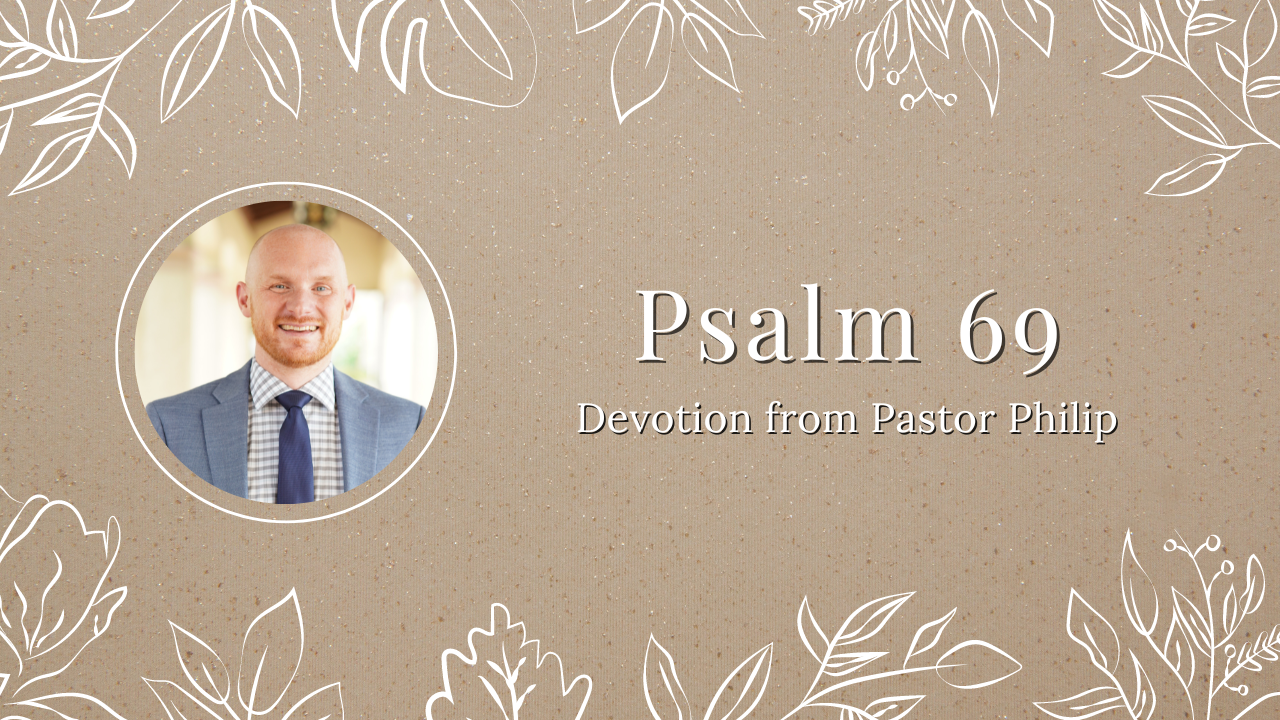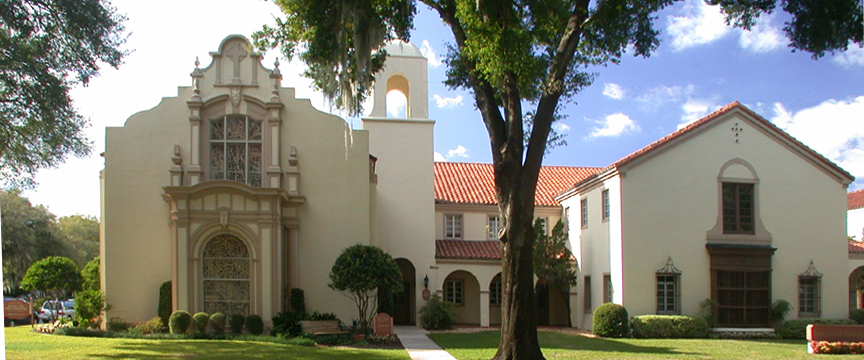
In the coming weeks, Pastor Rachel and I will share some of the most helpful and inspiring Psalms in our weekly devotional. Today, I want to share one that has impacted me the most. At first glance, it may seem like an unusual choice, but its theme of chaotic waters that run throughout the entire Bible is what draws me to it. Psalm 69 is straightforward and poignant, with a message that resonates deeply with me: “Help me! I’m about to drown.” Perhaps you haven’t physically been there, but we have all experienced similar emotions and can empathize. Please take a moment to read Psalm 69 and continue reading the rest of this devotional.
Psalm 69 beautifully captures the cry of a soul that is overwhelmed by trials, sinking in deep waters without any support. This theme resonates deeply with anyone who has experienced the engulfing floods of despair or persecution.
The Psalmist starts by expressing their dire situation: waters have risen to their necks, and miry depths threaten to pull them under. They find no resting place for their feet. These waters symbolize the overwhelming difficulties and the sensation of being lost in the trials of life without relief. The floods engulfing them depict the relentless waves of hardships that sometimes seem to define our existence.
Water is used in two different ways in the Bible. When it is used as fresh water, we see that it gives life and restores life. However, the opposite is true when salt water or ocean water is used. We see the flood waters overtaking us and get lost in the waves. This concept can be traced back to creation, through the flood, past the Red Sea event, and through many of the Psalms.
In their moment of despair, the Psalmist turns to the only source of hope they know—God. They plead with urgency, “Save me, O God,” asking for divine intervention when human efforts fail. The psalmist is exhausted from calling for help, both physically and emotionally. However, their faith leads them to the throne of grace, expecting God’s love and salvation to answer, even in their weariness.
The Psalmist’s language transforms from despair to a declaration of praise and trust in God’s unfailing love. They vow to praise God’s name in song and glorify God with thanksgiving, which pleases the Lord more than any sacrifice. This shift from petition to praise is crucial—it is an act of faith, recognizing that even when the waters rise, God’s purposes for us are rooted in God’s love and justice.
The closing verses of the psalm not only assure the individual sufferer but also the community. The poor will see and be glad, Zion will be saved, and its cities rebuilt. Those who love God’s name will dwell there, a promise that extends the hope of restoration and peace to all who trust God’s salvation. This promise of restoration and peace is a beacon of hope in our darkest times, reminding us that God’s salvation is sure, and God’s love is unfailing.
As we reflect upon Psalm 69, let us remember that even in our deepest despair, we are not forsaken. God listens to the cries of the needy and does not despise those who are captive. We can trust that God’s salvation is sure and that this assurance will guide us through our darkest moments. We can cling to the hope that the same God who raised the Psalmist from the depths is the same God who offers us a saving hand today. We see this theme continue into the New Testament as well. Jesus walked on the chaotic waters and calmed the sea, and in the last pages of the Bible, the book of Revelation reveals that two things will be missing in the New Heaven and the New Earth: darkness and chaotic waters. Someday, we will no longer drown in the deep.











